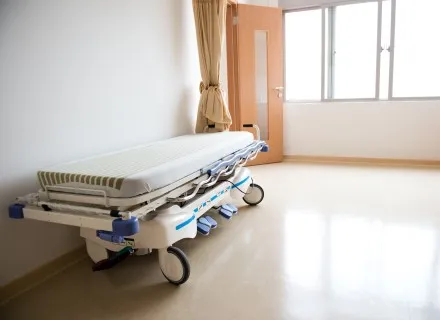
Singapore's healthcare spending boom is in sight as more hospitals open doors
Over 3,000 beds will be added in five years.
Healthcare expenditure in Singapore is expected to triple by 2030, driven by a rapidly ageing population and the increased incidence of chronic diseases, a report by Ken Research revealed.
The report showed that healthcare expenditure is estimated to triple by 2030, rising to $44 billion from $17 billion in 2013.
Personal healthcare expenditure will rise in tandem, and is projected to hit $28 billion in 2030 from SGS 11 billion in 2013. This will make up 64% of total healthcare expenditure, implying the potential growth in private healthcare.
"The Singapore hospital market will be driven by organic expansion as more public hospitals are expected to start by 2022 and increased government initiatives in the healthcare sector are anticipated to provide better care to the geriatric population and patients suffering from chronic diseases. The clinics market is expected to witness consolidation as players continue to seek volume growth to benefit from economies of scale," the report noted.
Meanwhile, the pharmaceutical market growth will be driven by an increase in number of public-private partnerships, which will boost R&D investment in clinical trials.
"As pharmaceutical companies get new drug approvals, the pharmacy retail segment will benefit as they widen their product portfolio and enhance their geographic presence by setting up more number of outlets," the report noted.
"The increased focus on research and development for pharmaceutical products, medical devices and laboratory services coupled with elevating prevalence of chronic and lifestyle diseases will propel the Singapore healthcare market revenue in future," it added.
Several hospitals are slated to open in Singapore over the next five years, including Sengkang General and Community Hospital, Outram Community Hospital, Integrated Care Hub, and Woodlands General Hospital. These openings will add 3,200 acute hospital beds, and 1,050 community hospital beds.


















 Advertise
Advertise


